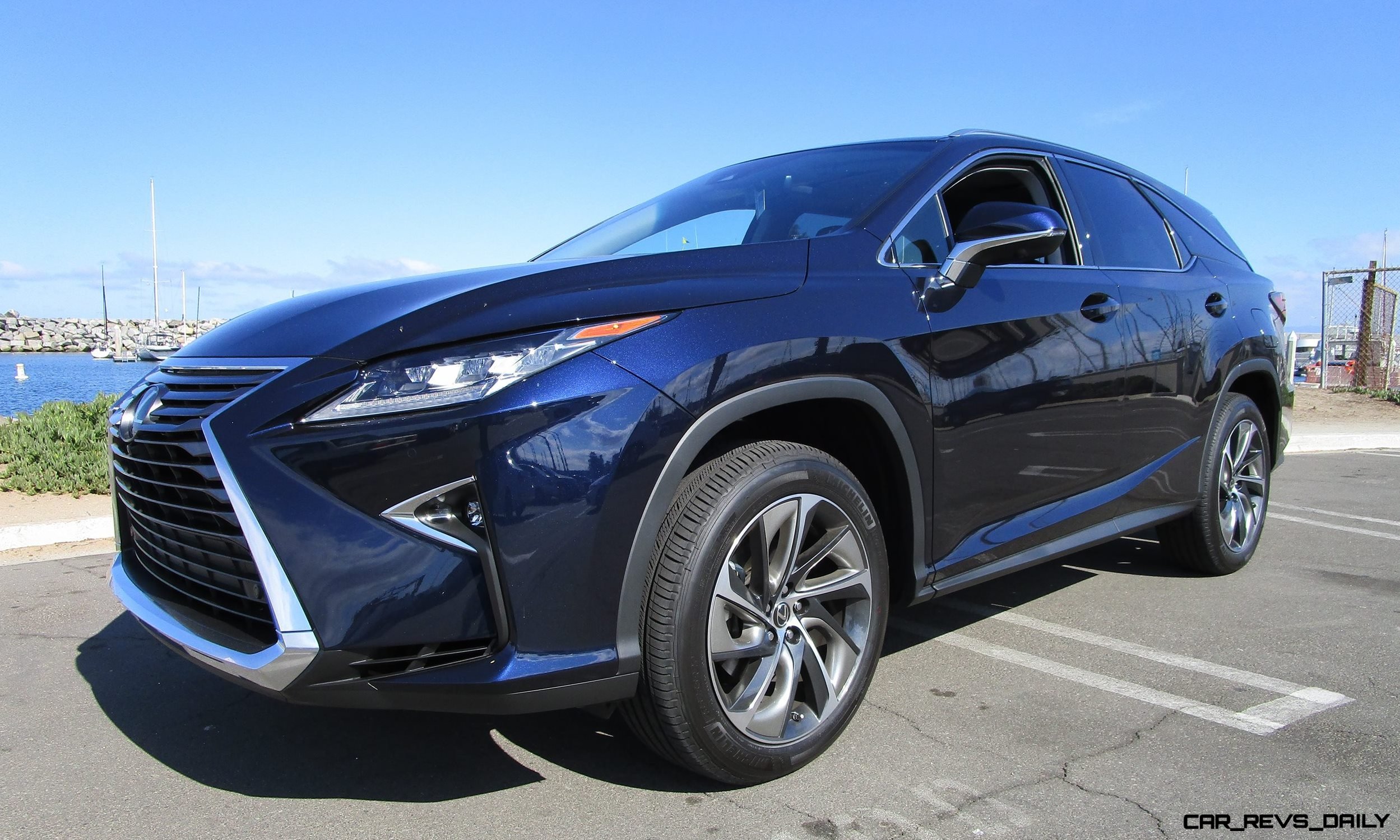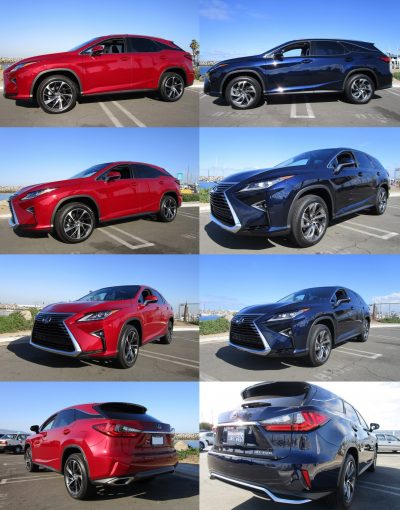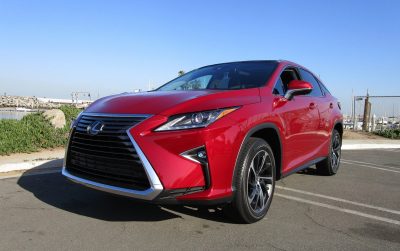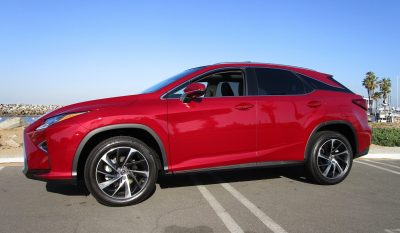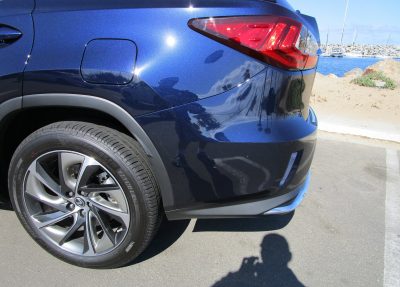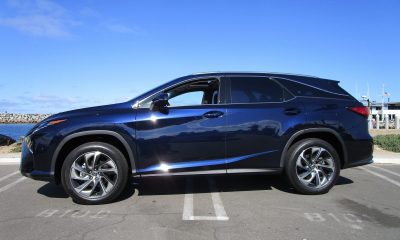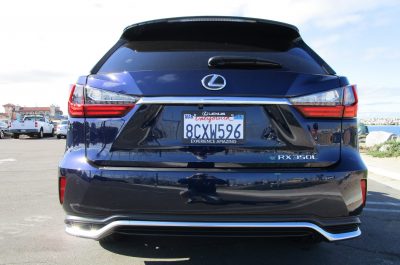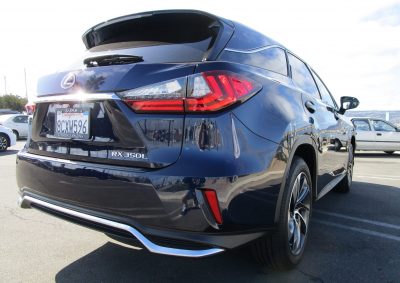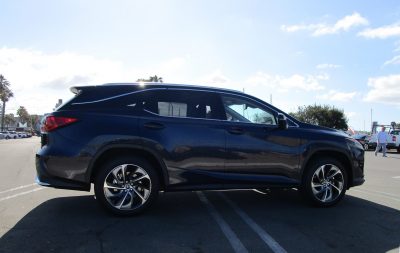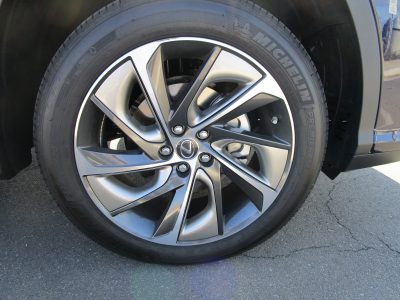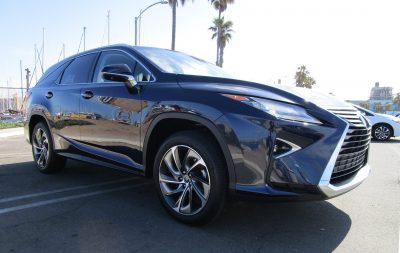The secret of car ownership is that the cost of the car is just the beginning of your car-related expenses.
Most people know to budget for the fixed expenses like a car payment and insurance, and even for somewhat variable fuel costs, but how do you save for unexpected repairs and maintenance? Although maintenance and repair costs might seem random, with some careful planning and assessment of your vehicle, you can anticipate and budget for these expenses, too.
Here are three steps to help you anticipate long-term car costs.
1. Assess Your Car
The average car maintenance, tire and repair costs amount to $99 per month. While this is a great place to start with your repair and maintenance budget, the expense of operating your car will vary greatly depending on the type of vehicle and the age, mileage, and history of your car. The first resource for determining when maintenance is due and when replacements are recommended is your car’s owner’s manual. While your owner’s manual will give you the best idea of when various components of your car will need to be replaced, here are some general guidelines for some of the most common car parts:
- Brake pads – Brake pads will need to be replaced every three to five years, or between 30,000 and 70,000 miles. Larger cars will need to have their brake pads replaced more often, as will cars that drive in city traffic.
- Battery –You should expect to replace your car’s battery should be replaced every four to five years, or three years if you live in a very hot climate.
- Muffler –A muffler will generally last about ten years or 100,000 miles. The expense of replacing a muffler varies greatly depending on the type of muffler and whether the exhaust system is damaged as well.
- Transmission –While the transmission is supposed to last the life of the vehicle, towing and aggressive driving can lead to transmission failure after 70,000 miles.
- Alternator –An alternator keeps the battery charged and with high demand may fail after five to six years.
- Tires – Depending on the type, tires generally last between five and seven years, but will wear more quickly with aggressive driving or wheel misalignment.
- Fuel Pump –You may never have to replace the fuel pump in your car, but if there is rust or dirt inside the fuel tank, the fuel pump can fail after five to six years of driving.
2. Start a Car Fund
After assessing your car, routine maintenance costs are easy to anticipate. For example, you know that every X number of miles, you need to get an oil change. And while you can guess when your brakes might need to be replaced, it’s difficult to pinpoint exactly when this expensive repair will be needed. Be ready for those inevitable expenses by starting a car fund. A car fund is the amount of money you set aside every month for maintenance and repairs. If you have a month where you don’t need that money, great, but don’t touch it, you’ll use it when the big expenses pop up down the road. If you calculate your average maintenance, tire and repair costs to be $99 a month, then that is the amount you should aim to put aside every month.
3. Find a Warranty Plan
Even with a monthly maintenance budget, unanticipated car expenses can be a problem for a lot of people. One way to safeguard your savings against big repair bills is to purchase a car warranty plan. In general, after a set deductible, a warranty will pay for necessary repairs to covered parts. Many new cars come with a warranty up to a certain number of months or miles, but it’s possible to purchase an extended car warranty for used and older cars as well. Paying the monthly warranty cost will allow you to predict your car costs and protect yourself from big ticket repairs like a new engine, air conditioning and heating or transmission. One thing to remember is that most warranties are voided if you do not perform regular car maintenance.
You don’t need a crystal ball to budget for long-term car costs, you just need to do a little pre-planning. Assess your car based on the type of vehicle and the age, mileage, and history of your car, to know when to perform routine maintenance and anticipate when certain parts might need to be replaced. The average cost of car repairs and maintenance is $99 a month, so build that amount into your budget each month. Guard against big ticket repairs by finding a warranty that makes sense for your vehicle.
Featuring the Lexus RX350L and RX350

CRD Auto Industry Insider may contain helpful and on-topic partner content that auto enthusiasts and car shoppers find valuable.

